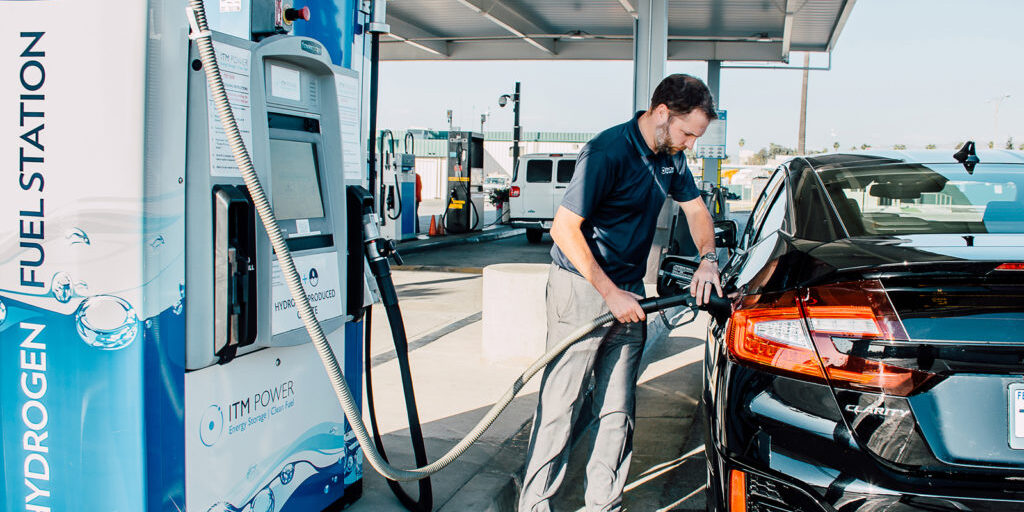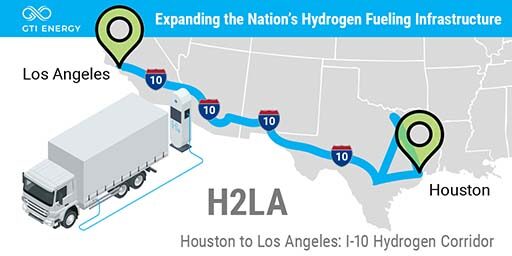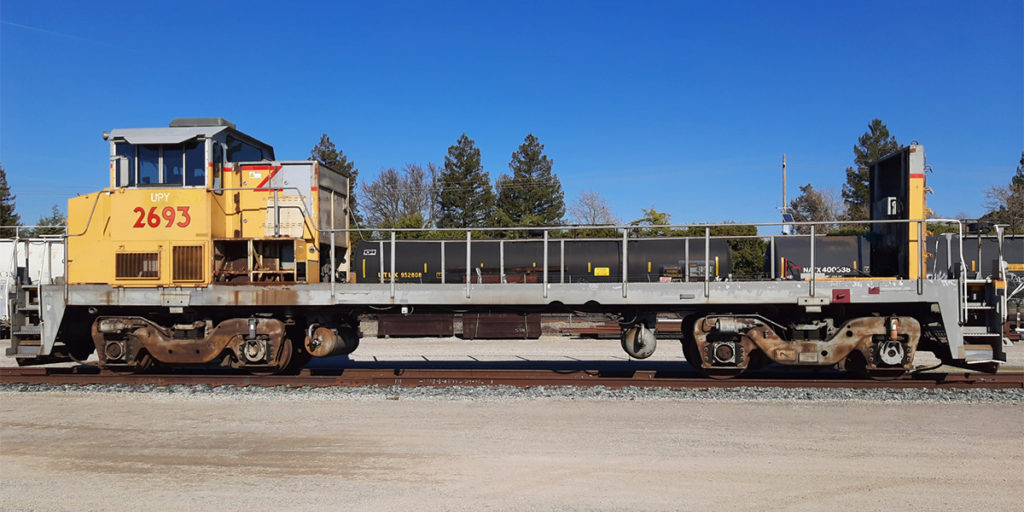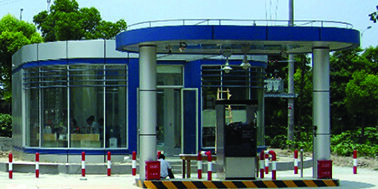A Clear Focus on the Future
Transportation
GTI Energy has an extensive fuel cell mobility program, and has partnered with government and private industry to further the use of hydrogen as a transportation fuel by delivering infrastructure, vehicle, engine, fuel dispensing, and system solutions for clean fuel cell vehicles.
Researchers have developed and evaluated a wealth of innovative technologies, and led numerous demonstration projects across the nation to assess impact and validate the technical and environmental case for implementing hydrogen-fueled fuel cell vehicles.
Hydrogen Fuel Cell Partnership (HFCP)
GTI International subsidiary Frontier Energy provides staffing and administrative services for the Hydrogen Fuel Cell Partnership (HFCP) since its inception 20+ years ago. Their strategy focuses on building a hydrogen fueling network across the U.S. for heavy-duty trucks (and passenger cars), enabling links between ports, hydrogen hubs, and more to ensure hydrogen reaches its full market potential and achieves common environmental and economic goals.
Capabilities
- Technology development, design, and testing
- Renewable hydrogen fuel systems infrastructure
- Hydrogen storage, compression, and dispensing equipment
- Vehicle testing and field demonstrations
- Quality sampling and measurement
- Codes and standards development support
- Market development (California Fuel Cell Partnership)
- Training, education, and outreach
- Fueling infrastructure planning and deployment
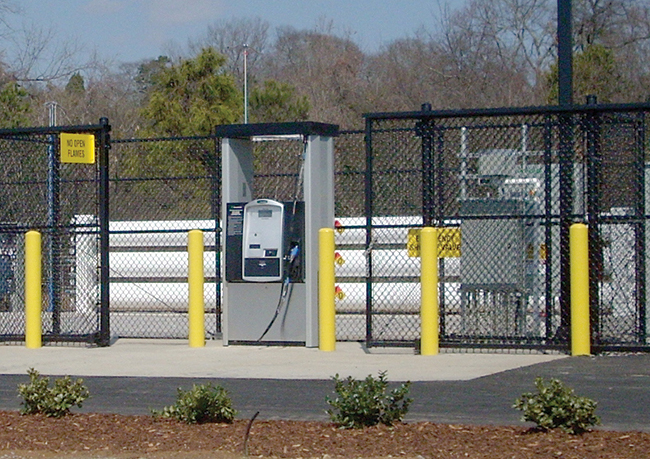
Success Stories
Demonstrating safe and reliable performance of hydrogen-powered terminal tractors in Zero Emissions for California Ports (ZECAP) project
GTI Energy and partners designed and assembled two new zero-emissions fuel cell-electric terminal tractors and assessed their operation in a demanding, real-world cargo-handling application at the Port of Los Angeles.
The Zero Emissions for California Ports (ZECAP) pilot project verified the performance of heavy-duty terminal tractors’ ability to meet operational requirements and reduce cargo-handling equipment (CHE) emissions at the port. GTI Energy and Frontier Energy, with support from SoCalGas, collected data that demonstrated that fuel cell powered yard trucks are safe, reliable, and operationally preferrable to diesel equipment.
Learn more about how this deployment of fuel cell-electric hybrid trucks delivered insightful information to validate their commercial viability and increase awareness of hydrogen as a viable clean energy source for heavy-duty vehicles.
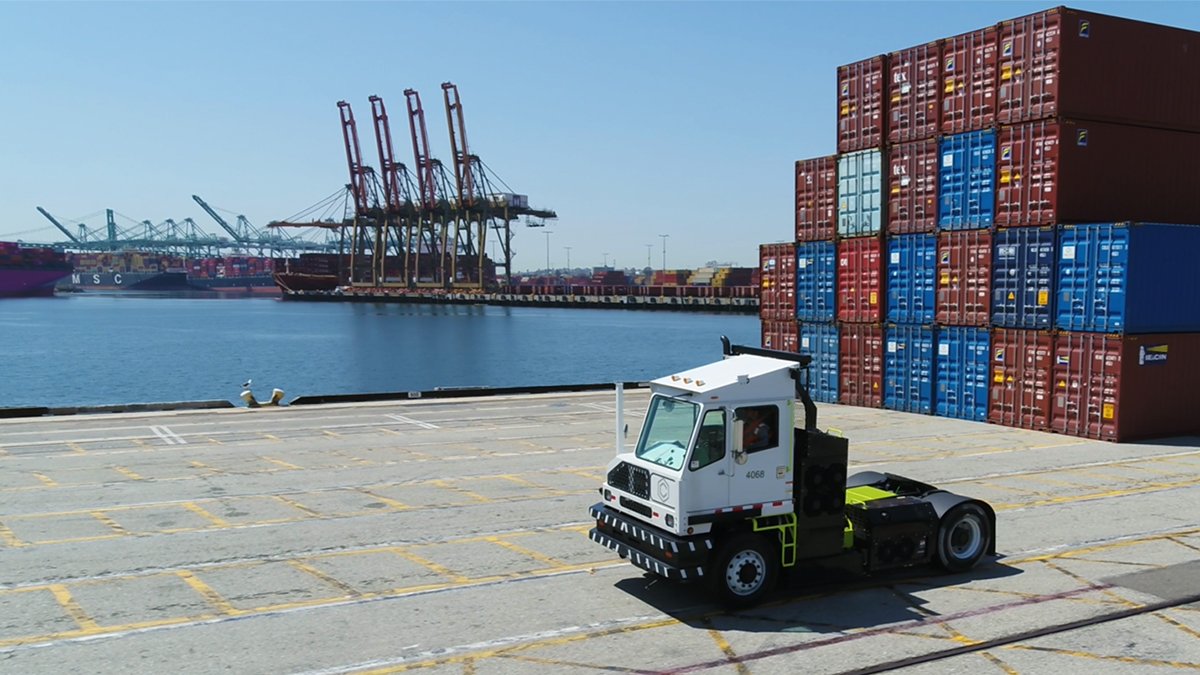
FAST TRACK project deploying fuel cell-electric hybrid heavy-duty trucks in California
The FAST TRACK heavy-duty alternative transportation truck project is deploying plug-in hybrid fuel cell electric Class 8 trucks in Southern California to help to reduce air pollution.
With funding from the California Air Resources Board (CARB), GTI Energy and technology partner TransPower are deploying trucks in a phased rollout. The five trucks are being operated at the Port of Los Angeles by Total Transportation Services Inc (TTSI). The project will provide extensive performance data and operational experience, which could help pave the way for the use of hydrogen in other transportation applications.
The FAST TRACK project is part of California Climate Investments, a statewide initiative that puts billions of Cap-and-Trade dollars to work reducing greenhouse gas emissions, strengthening the economy, and improving public health and the environment — particularly in disadvantaged communities.
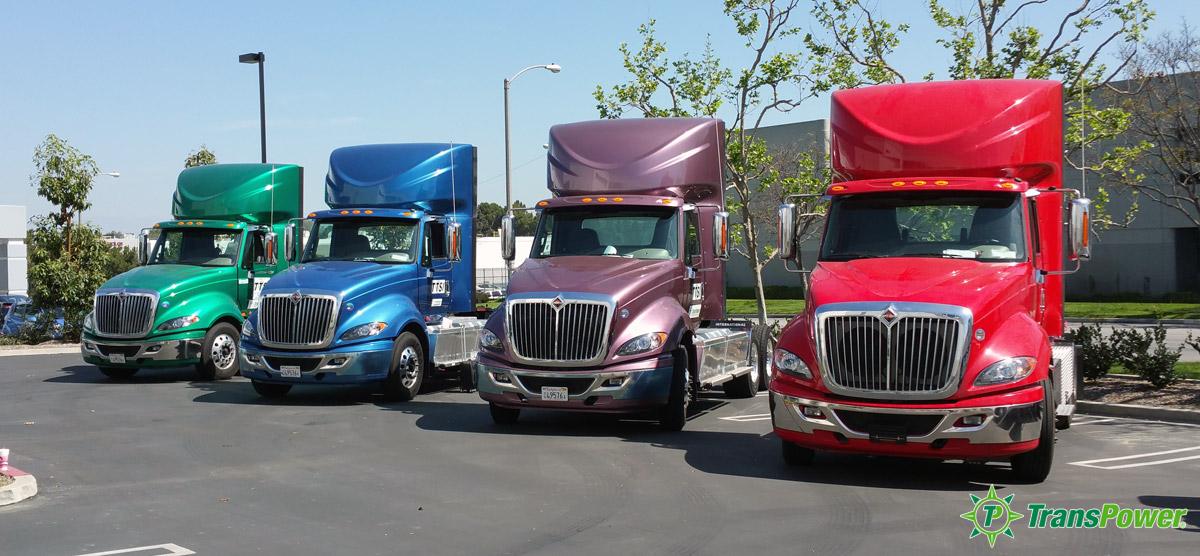

Designing and installing hydrogen fueling facilities
GTI Energy has partnered with government and private industry to develop, evaluate, and demonstrate technologies that further the use of hydrogen as a transportation fuel by delivering infrastructure, vehicle, engine, fuel dispensing, and system solutions for clean transportation fuel cell vehicles. GTI Energy and the Center for Transportation and the Environment (CTE) in Atlanta were chosen by the Carolina Research Association (SCRA) to design and install hydrogen fueling facilities in the greater Columbia, South Carolina area. The facilities were used during the National Hydrogen Association conference and the Columbia Fuel Cell Challenge in spring 2009.
Learn more about how GTI Energy scientists and engineers have tested and developed new components and systems, and developed and deployed hydrogen fueling stations and infrastructure.
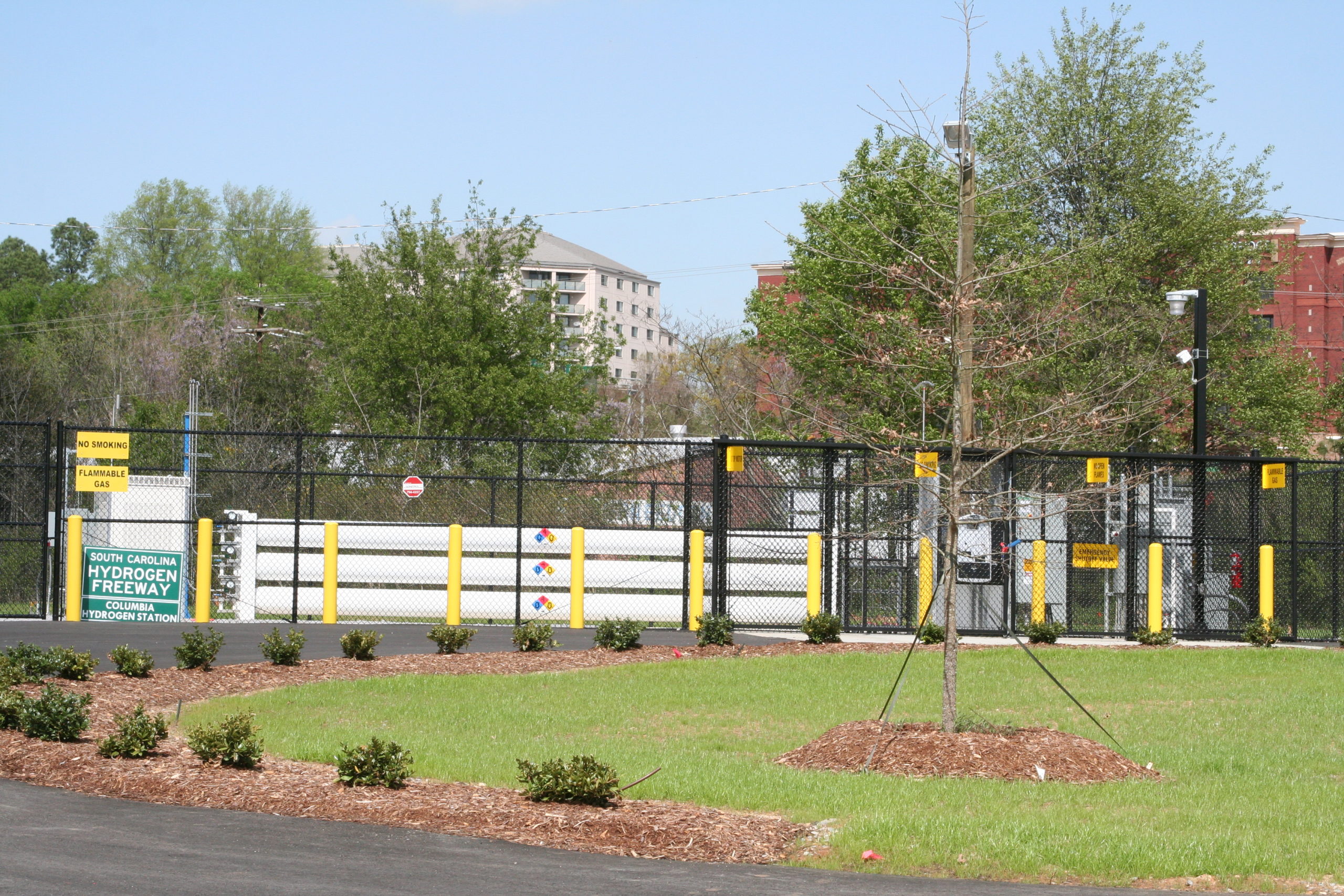
Converting Biogas to Hydrogen to Run Military Fuel Cell Vehicles
A project has been successfully completed between GTI Energy and the Department of Defense to condition wastewater treatment biogas into a high-quality biomethane fuel that is converted to hydrogen (via steam reforming).
Learn more about how GTI Energy scientists and engineers have tested and developed converting biogas to hydrogen transportation fuel.
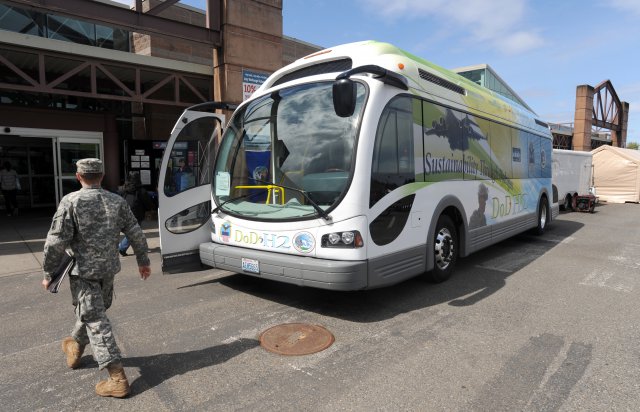
Developing Hydrogen Fueling Stations and Demonstrating Fuel Cell Technology
GTI Energy built and demonstrated the first hydrogen station that relied purely on “renewable natural gas” to support BMW’s fuel cell forklift operations at its vehicle assembly plant near Greenville, SC.
Learn more about how GTI Energy developed this hydrogen fueling station.
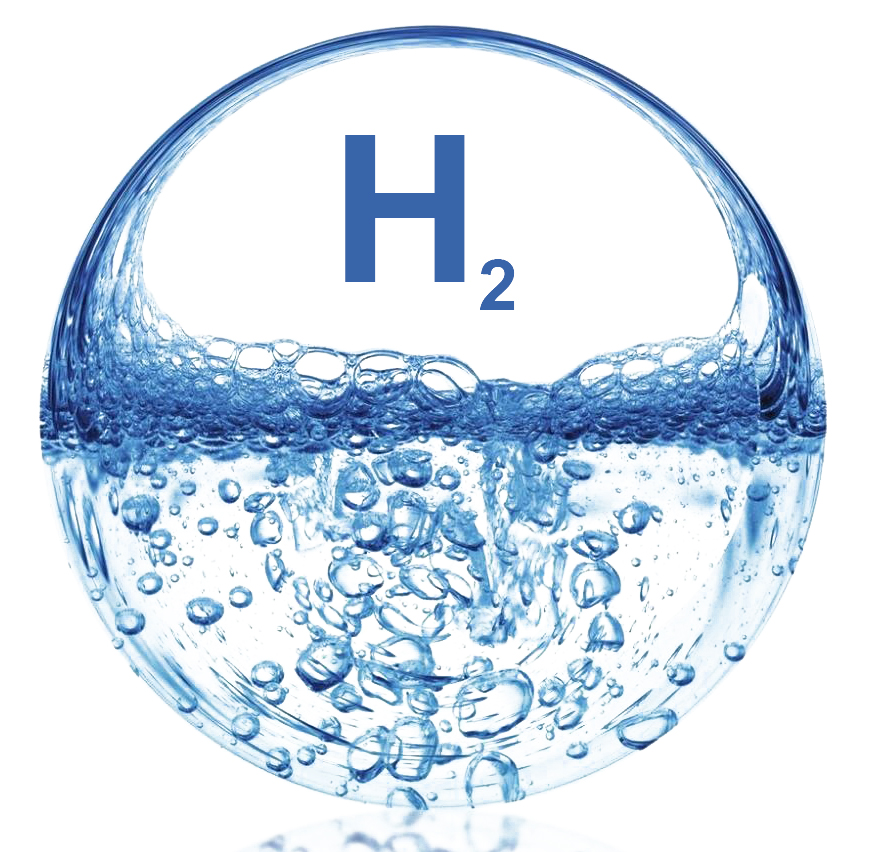
Supporting fuel station certifications with new technology to measure hydrogen quality
Hydrogen dispensers at fueling station for fuel cell vehicles must confirm that these dispensers meet fuel quality guidelines. GTI Energy designed, developed, and tested the hydrogen quality sampling apparatus (HQSA) to support fuel station certifications. The portable and easy-to-use technology safely collects samples for analysis to measure hydrogen quality at the fuel station’s dispenser nozzle. Additionally, this apparatus was used to support the development of an ASTM standard for collection of pressurized hydrogen gas samples.
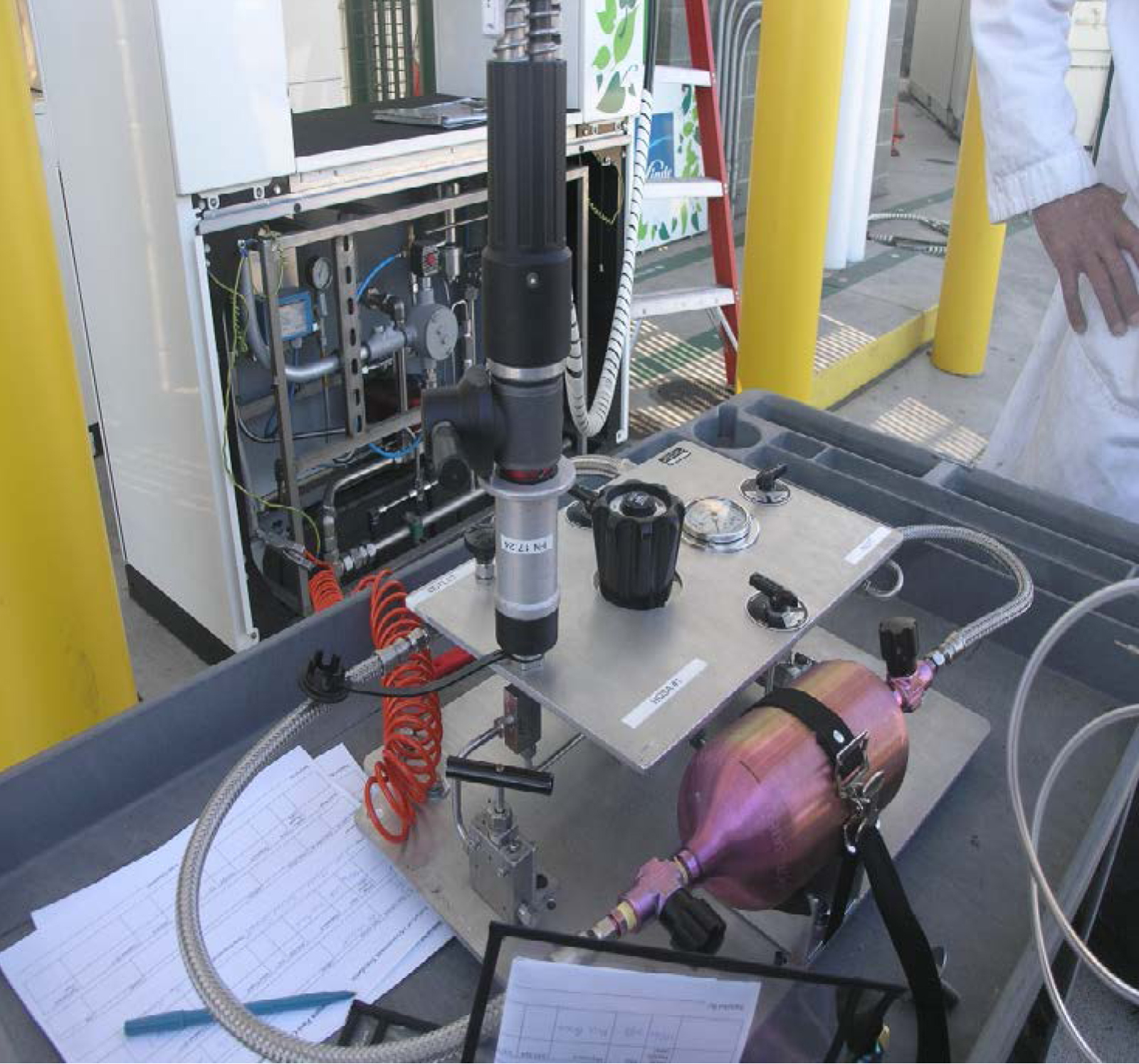
Learn More
Contact the energy experts today


